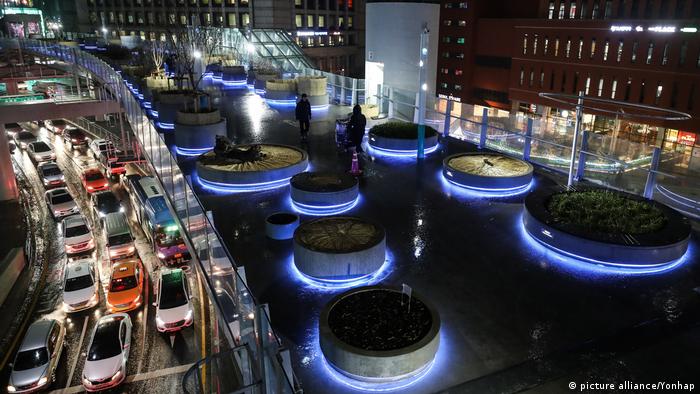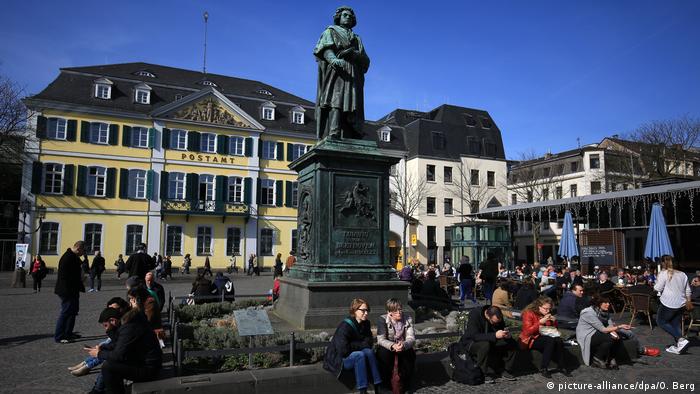MILLIONS of households have started receiving the next instalment of the £650 cost of living payment.
The first payment of £326 was made in July and September and the £324 instalment should have already begun landing in bank accounts this month.
We explain four situations where your cost of living payment might be delayedBut there are certain scenarios where you might experience delays in receiving the payment.Below, we explain four situations where this might happen to you.
You’re on Tax Credits
Millions on Universal Credit , Income-based Jobseekers Allowance, Income-related Employment Support Allowance, Income Support and Pension Credit are due to receive their £324 payment between November 8 and 23.
But if you’re on either Child Tax Credit or Working Tax Credit solely you should receive it between November 23 and 30.
The reason these payments are being made later is because the government didn’t want to duplicate payments where people claim Tax Credits and another of the qualifying benefits .
Anyone in this situation will have the payment made into the bank account where Child Tax Credits are made by the DWP between November 8 to 23.
You’ve changed bank accounts
If you have recently closed the bank account your benefits are paid into you may see a delay to the £324 payment.
The DWP and HMRC are making the payment into the same bank account they hold in their systems to pay benefits out normally.
But if you haven’t told them your bank account has changed, your money will be paid into the old one.
That would see your payment rejected and the DWP or HMRC would have to follow up with you, causing delays.
So you should let the DWP or HMRC know about any change in bank details or personal circumstances to avoid any problems.
Your application has not been approved
You must have been entitled, or later found to have been entitled, to the qualifying benefits to get the £324 cash.
So you’ll be eligible for the second cost of living payment if you were entitled to a payment, or later found to be entitled to a payment, of any of the qualifying benefits for the assessment period ending between August 26 and September 25.
But if you made a claim in time for the qualifying date and it hasn’t yet been approved by the DWP or HMRC, your payment may be delayed.
You can check on the progress of your application by signing into your account and keeping an eye on its progress.
Once it has been approved, you should check with the DWP or HMRC on when you should receive the £324 payment.
“Complex”; cases
Some households receiving their £324 from the DWP may see a delay in “complex circumstances”;.
In this “small minority”; of cases, payments may be made after the November 23 cut off date.
The government’s website says this might happen to you if you are deemed unable to claim certain benefits but win a backdated entitlement on appeal.
Or, if payments are rejected because of invalid bank account details.
If you’re not sure whether your situation might be deemed “complex”;, you should contact the DWP to clarify.
In other news, we reveal eight big money changes coming before the end of the year that will hit your pocket.
Plus, we explain whether your Universal Credit will be paid early over the festive period.




